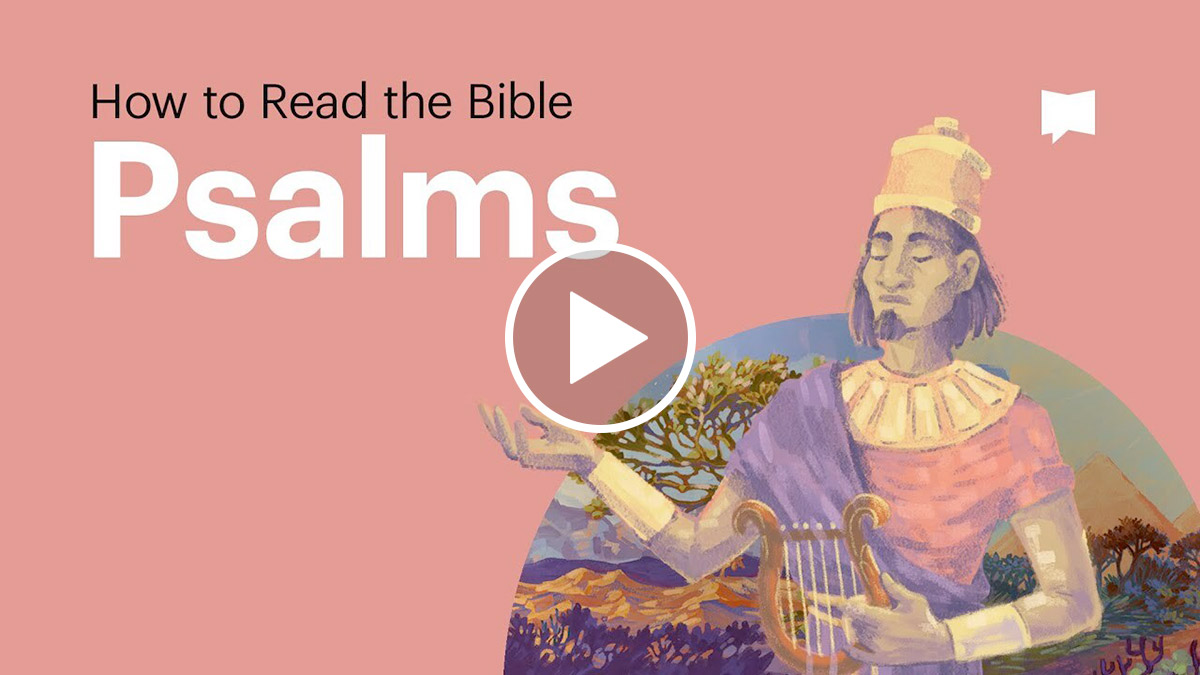| In this week’s Church at Home, we look at the book of Psalms and a powerful lament poem found in Psalm 88. The book of Psalms tells a complete story, and the individual poems follow a common narrative structure. But Psalm 88 is a bit different, seemingly breaking from this structure and laying bare the depths of the psalmist’s hopelessness. The psalmist’s only prayer here is “help.” And sometimes, when the darkness around us feels like more than we can handle, a cry for help might be all we can muster.This psalm is an important reminder that there is no need to sugarcoat or make our pain presentable before God. He hears the cries of his children even when we hardly have the words to communicate. As you meditate on this passage this week, think of this psalm as an invitation to bring your suffering before God, knowing that he cares deeply for his people. |
Psalm 88 Read here
The book of Psalms communicates a story that follows the rise and fall of the Davidic kingdom, a renewed hope in Yahweh the king, and a righteous king to come. Psalm 88 comes at the darkest moment of the plot and expresses that despair tangibly.
- As you read through Psalm 88, notice what griefs and pains the psalmist expresses. What stands out to you?
- The psalmist does not hold back his grief or anger when he talks to God. How does that sit with you? Do you give yourself the freedom to express all your deepest emotions and thoughts to God. If not, what holds you back?
- Have you ever found yourself in a place where the only prayer you can muster is “help?” Have you ever felt that deep loneliness that the psalmist expresses? What are your deepest pain points at the present moment? Write or pray out loud to God, even if your only prayer is “help.”
- Have you ever read through the Psalter, or a group of psalms, looking for how they connect to one another? How does this idea sit with you? If you are interested, we’d suggest reading through some psalms and looking for repeated words and themes that link them. Starting with Psalms 1-2 is a great idea, or you could look at 88-90, the psalms brought up in our study today.
|




